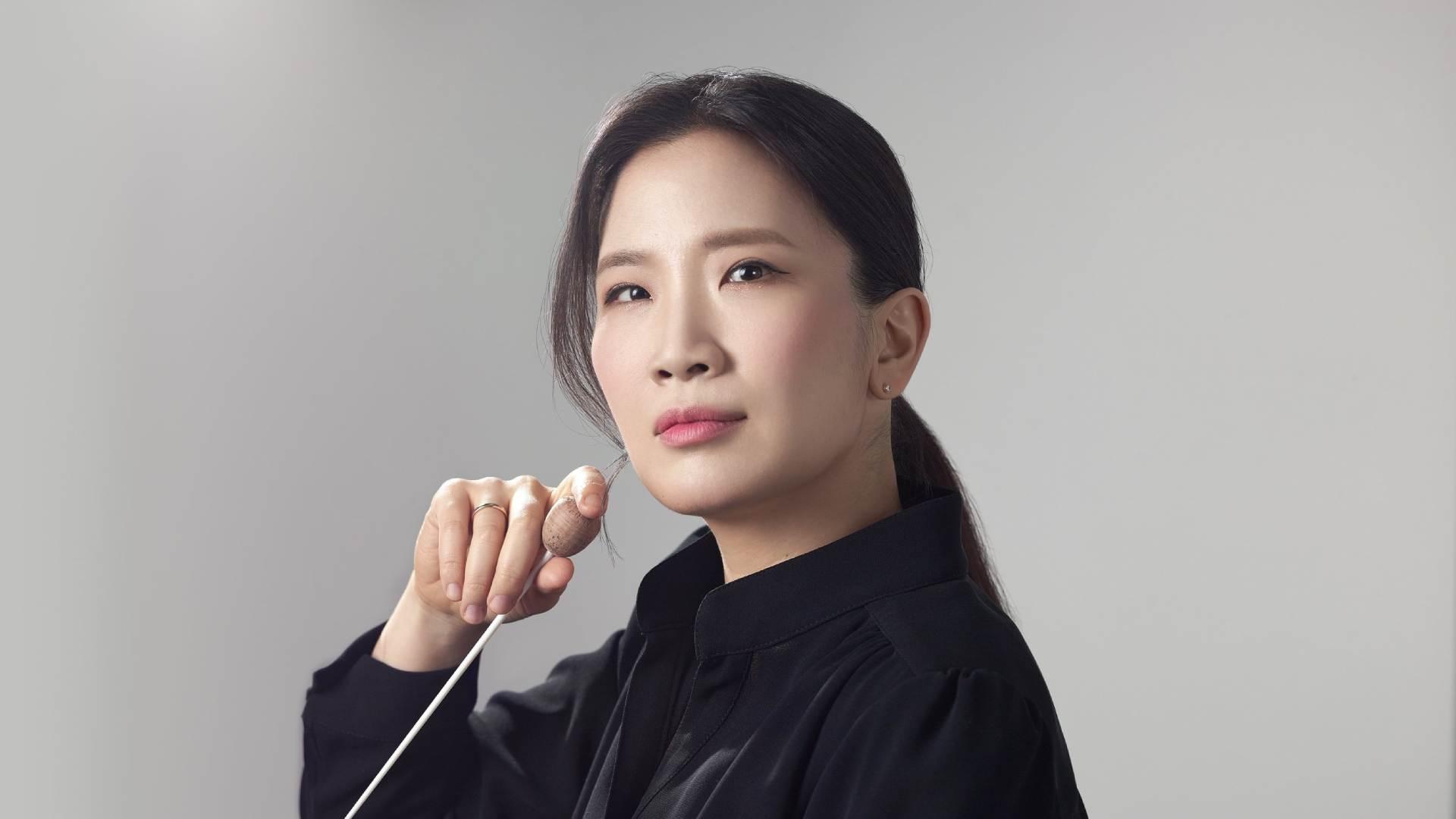Beethoven & Larsson Gothe
Beethoven’s Symphony No. 4 was created during an exceedingly creative year of his life. In all probability, this exuberant creativity is present in the music, because Hector Berlioz called the symphony a superhuman work, worthy of the archangel Michael himself. The opera, Ruslan and Ludmila by Mikhail Glinka, is rarely performed, but the overture is a beloved concert piece that demonstrates Glinka’s skilful treatment of Russian folk music in orchestral arrangements. The multi-talented Mats Larsson Gothe rarely runs out of inspiration. Ricerco 2 is his second collaboration with bassoonist Henrik Blixt.
This production is part of one or more concert series.
Mikhail Glinka has been called “The Father of Russian Music”, despite having had no formal training in composition. When, as a young man in the 1820s, he frequented the salons of Saint Petersburg, he had a reputation as an ignorant dilettante with a talent for writing sentimental romances. But he had listened to folk music at his parents’ vast country estate, as well as foreign classic works, performed by his uncle’s personal orchestra consisting of serf musicians. All composers can use folk music, but Glinka was considered as the one who demonstrated how, both in lengthier compositions and by combining western and Russian influences. The overture to the opera Ruslan and Ludmila from 1842, after a fairytale poem by Pushkin, is a good example of the style that enchanted Glinka’s many successors.
Mats Larsson Gothe achieved his breakthrough with the opera, Poet & Prophetess, first performed at NorrlandsOperan, where he subsequently stayed on as composer in residence for some years. He has also had time to delve into more peculiar projects, such as writing new music to the silent movie classic, The Phantom Carriage, and in 2017, the recording of his second symphony received a Swedish Grammis award. The bassoon concerto Ricerco 2 from 2011 is dedicated to Henrik Blixt, First Bassoon of the Swedish Radio Symphony Orchestra, who also premièred it. The Italian title implies that the search or exploration continues; Ricerco 1 is a solo piece for bassoon, also written for Henrik, and which laid the foundation for this solo concerto. The interaction between the bassoon and the orchestra has been likened by the composer to the relationship between David and Goliath.
The year 1806 was characterized by creativity at the highest level for Ludwig van Beethoven: the Fourth Piano Concerto, the three Rasumowsky Quartets and the Violin Concerto. And then Symphony No. 4, as a little break from his work on the quartets. In the late summer, Beethoven spent time at a castle belonging to his benefactor, Prince Lichnowsky. A mere 50 km away, another passionate, music-loving nobleman, Count von Oppersdorff, resided in his baroque castle. Beethoven visited him, bringing his symphony with him. It was performed by the Count’s own orchestra and elicited such delight that the Count commissioned, and paid in advance for, two more symphonies, those that were to become number five and six. When the symphonies were delivered to the Count in 1808, Beethoven had gone behind his back and sold them to his publisher. Shamefaced, he was forced to apologize. But Oppersdorff chose not to fight about it and even let Beethoven keep the money. They did provide some benefits, those noblemen.
British conductor Ben Gernon is welcomed back with open arms after his visit last year, which focused on new music by young composers. Gernon is rightly celebrated for his stage persona and his ability to tackle new, challenging works as well as the great classic repertoire.
Text: Gunnar Lanzky-Otto



